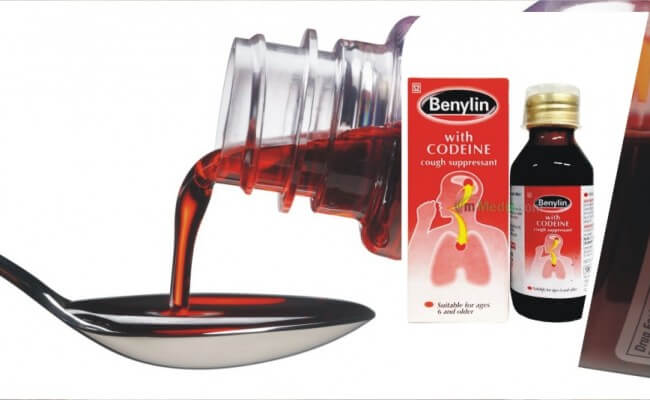“There is an embargo on all new applications for registration of codeine-containing cough syrups as well as applications for renewal has been abolished,” this was the statement made by the Federal Ministry of Health on the ban of codeine as a pharmaceutical agent.
The announcement on May 1 followed a report by the BBC which indicted Nigerian youths in the consumption of Emzor codeine based syrups in order to get high.
Advertisement
The report had garnered reaction from the high and mighty to include Nigeria’s first lady, Aisha Buhari who called on all “security agencies, lawmakers, judiciary, drug manufacturers, civil society, regulators, teachers, parents, neighbours and you to take this as a personal war and halt the menace.”
Similarly, the national assembly swiftly engaged in moves geared at curbing the illicit trafficking of the substance, “We cannot all just fold our arms and expect this drug abuse issue to fix itself. This is everybody’s problem,” the senate president, Bukola Saraki had said.
In a swift reaction to the calls, the Federal Ministry of Health directed the National Agency for Food and Drug Administration and Control (NAFDAC) to ban with immediate effect further issuance of permits for the importation of codeine as active pharmaceutical ingredient for cough preparations.
The action was greeted by diverse reaction from Nigerians. While some welcomed the development, others claimed that the ban was unnecessary.
Advertisement
A critic had said, “Codeine is a problem and the bigger problem remains a corrosive socio economic order that created a state of hopelessness. We must continue to work hard in order to change it so as to give meaning to the lives of our young ones.”
“Instead of banning codeine, Nigeria should ban the bad governance that makes young people so desperate that they have nothing to look forward to in life,” another critic had said.
“A ban on #codeine may be a good move but not the solution to our problem. A fix in the pharmaceutical industry is. Until we stop selling medicines in markets and with or without prescriptions then we are not up for a change in this matter honestly,” a critic advised.
Shortly after the ban, the drug control agency shut down Emzor Pharmaceuticals Ind. Ltd. and two other companies over the syrup abuse.
Director General of the Agency, Prof. Mojisola Adeyeye, in a statement said that the shutdown followed the companies’ inability to provide required documents for NAFDAC officials during the inspection of the facilities at Ilorin and Lagos.
Advertisement
“Due to insufficient evidence gathered and apparent resistance to provide needed documents during inspection on May 2, 2018 at the respective companies in Ilorin and Lagos, respectively, it has become necessary to shut down all product lines of the three companies,” the statement read.
The statement added that the companies will remain closed “to allow for a full and comprehensive investigation”.
However, barely one week afterwards, the drugs control agency re-opened Emzor Pharmaceuticals production line.
The company’s Executive Director, General Duties, Uzoma Ezeoke, speaking on Sunday on why the factory was reopened said, “NAFDAC, after their inspections are satisfied that our manufacturing processes conform to all laid down procedure and we are a fully compliant company. Our company has been consistently compliant and we have valid Good Manufacturing Practice certifications.”
An official of NAFDAC, when contacted by THE WHISTLER declined comment on the issue.
Concerns are being raised on whether the reopening of the factory will strain the war against the codeine based syrup which has constituted serious threats on the health of Nigerian youth.
Advertisement
Unless the Nigerian authorities take the bull by the horn in this fight, the menace may continue to waste a generation of young people.



